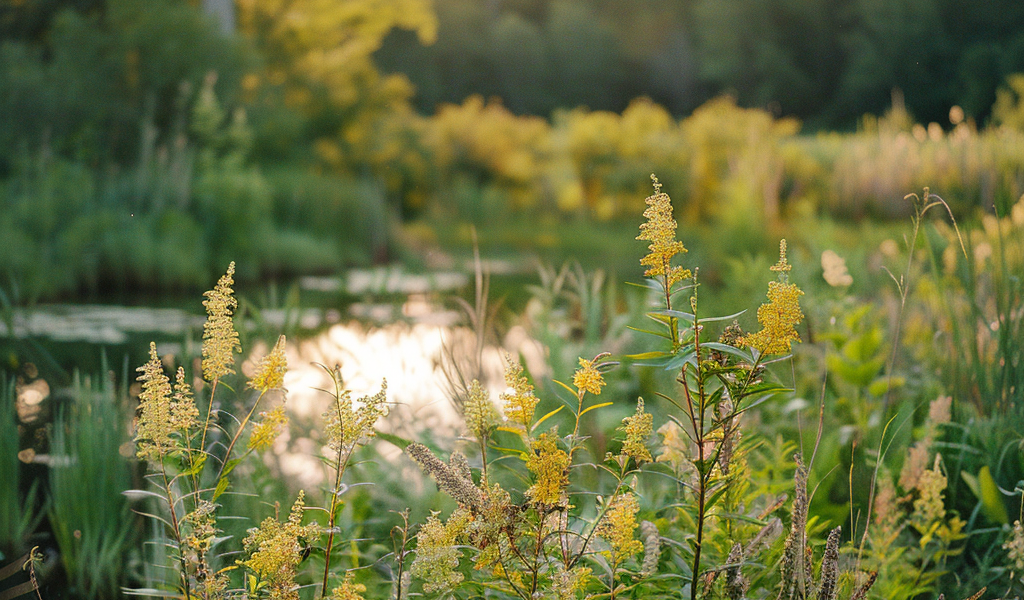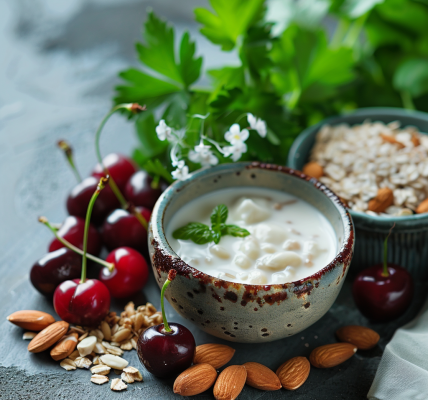BOSTON — The Massachusetts Department of Public Health has raised the Eastern Equine Encephalitis (EEE) risk level for the towns of Carver and Middleboro to high. This significant update comes as health officials respond to the detection of EEE in local mosquito populations. The determination of high risk underscores the urgent need for residents to take precautions against mosquito bites and to be vigilant about potential symptoms of the virus.
In addition to Carver and Middleboro, the risk levels for nearby communities, including Bridgewater, Lakeville, and Rochester, have been elevated to moderate. This change indicates a growing concern among health officials regarding the spread of EEE, a rare but serious disease that can lead to severe neurological issues.
The increase in risk levels follows the identification of EEE-positive mosquitoes in several areas, including Abington, Middleboro, Wareham, and Whitman. The Massachusetts Department of Public Health had previously announced that 12 towns in the state were already classified as moderate risk for EEE. These towns include Amesbury, Groveland, Halifax, Haverhill, Kingston, Merrimac, Newburyport, Plymouth, Plympton, Salisbury, Wareham, and West Newbury.
The first detection of EEE-positive mosquitoes in Massachusetts for the year 2024 was reported on July 3, originating from Carver. Since then, the situation has evolved, prompting health officials to monitor mosquito populations closely and implement measures to protect public health.
EEE is transmitted to humans through the bite of an infected mosquito, primarily the Culiseta melanura species. Symptoms of EEE can range from mild flu-like signs to severe neurological complications, including encephalitis, which can be fatal. Individuals over the age of 50 and younger than 15 are at a higher risk for severe outcomes from the virus.
As the summer progresses, residents in affected areas are advised to take proactive measures to reduce their risk of mosquito bites. These measures include:
- Wearing long-sleeved shirts and long pants, especially during dawn and dusk when mosquitoes are most active.
- Using insect repellents that contain DEET, picaridin, or oil of lemon eucalyptus.
- Eliminating standing water around homes to reduce mosquito breeding sites.
- Ensuring window and door screens are in good repair to keep mosquitoes out.
Local health departments are also working on public awareness campaigns to educate residents about EEE and the importance of mosquito control. Community efforts may include spraying insecticides in high-risk areas and monitoring mosquito populations to track the spread of the virus.
Residents are encouraged to report any unusual mosquito activity or instances of illness that may be related to EEE to their local health department. By staying informed and taking necessary precautions, communities can work together to mitigate the impact of this potentially dangerous virus.
As the situation continues to evolve, the Massachusetts Department of Public Health will provide updates regarding risk levels and any necessary public health interventions. Residents should remain vigilant and proactive in protecting themselves and their families from EEE as the summer season progresses.





